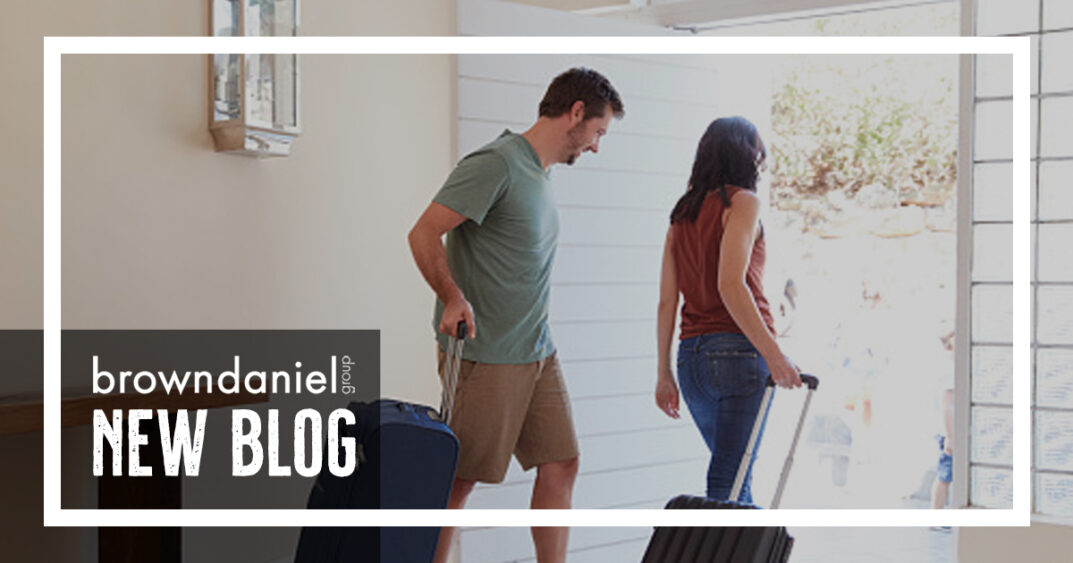
There are a lot of preparations required when you will be leaving town for an extended period of time, from laundry and packing to making sure that your mail and deliveries will either be retrieved regularly or held until your return. But what about your home, which will be sitting empty for a significant period of time? Homes that sit empty can face all sorts of problems, the most serious of which is being vulnerable to burglars and troublemakers. Other problems that can arise while you are gone range from the development of musty odors, insect infestations and water leaks. Even a seemingly insignificant issue such as the wasting of electricity from plugged in appliances can become a dangerous situation in the event of a storm or power surge.
Luckily, there are steps you can take to prevent the problems that can occur when a home is left “home alone.” Whether you are preparing to leave for only a week or two at the beach or moving to your vacation home for several months, we have a great list of tips and suggestions for readying your home for it’s time alone.
Set Your Thermostat Accordingly
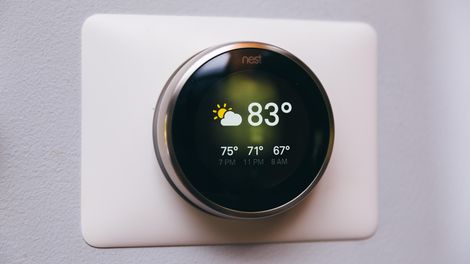
You likely do not want to spend money cooling an empty home to a comfortable temperature, so now is the time to ditch the usual cooling schedule you have set up. Spending extra money to keep your home cooled to a constant temperature might be a fine idea when you are gone for a day or two, but you don’t need to cool your home to the same level during an extended trip. This no only wastes electricity and money, but can also contribute to additional wear and tear on your HVAC system during the hot summer months.
However, you shouldn’t turn the system off completely while you are away either, because this can lead to high humidity in your home which can attract mold and bugs. Instead, choose a temperature that is higher than normal and leave it set at this temperature day and night. Experts recommend that you do not allow your home to remain above 85 degrees for extended periods of time in order to maintain a reasonable level of humidity. Go ahead and replace your HVAC’s air filter before you leave as well for optimum performance while you are away.
Adjust Your Plumbing
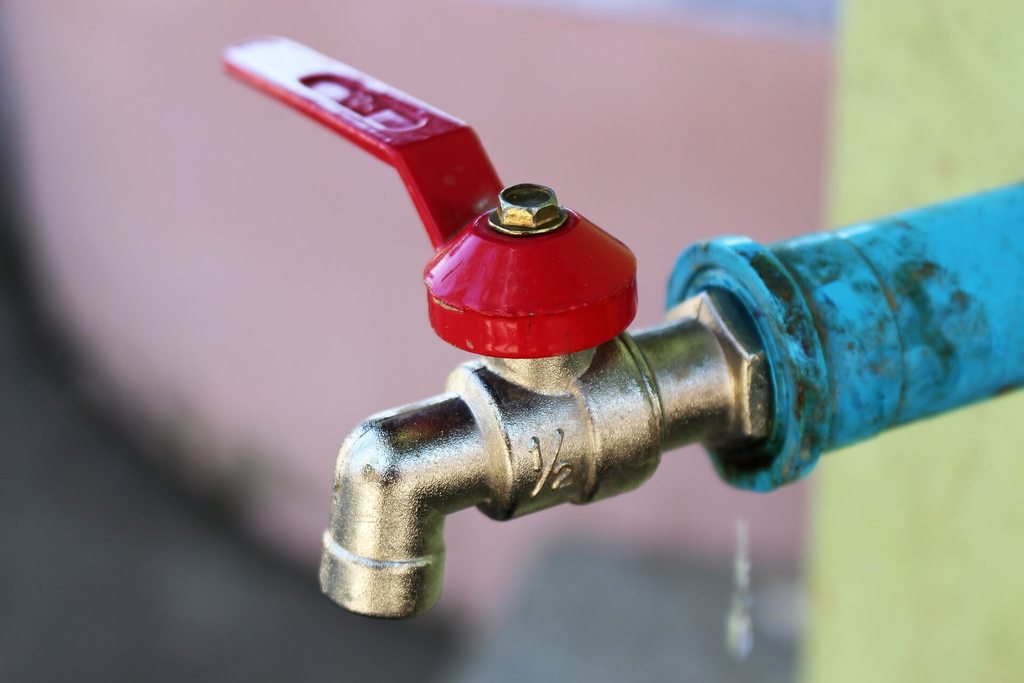
Some people will tell you that if you will be abandoning your home for an extended period, you should turn your water off at the main shut-off valve. While many people do this, its actually not recommended, as it can lead to other issues with dried out drains allowing sewer gas into your home. Instead, leave the main shut-off valve on, but turn off a few of the specific water sources in your home. Turn off both the hot and cold water valves for your washing machine, and if you have a gas dryer, turn the gas source for it off as well. Shut off the supply line to your toilets and pour 1/3 cup bleach into each toilet bowl to prevent a buildup of bacteria. Turn off and if electric, unplug any appliances that can leak such as a water heater or dishwasher. Alternatively, some water heaters have a “vacation mode” that you can set yours at while you are away.
Unplug Electronics
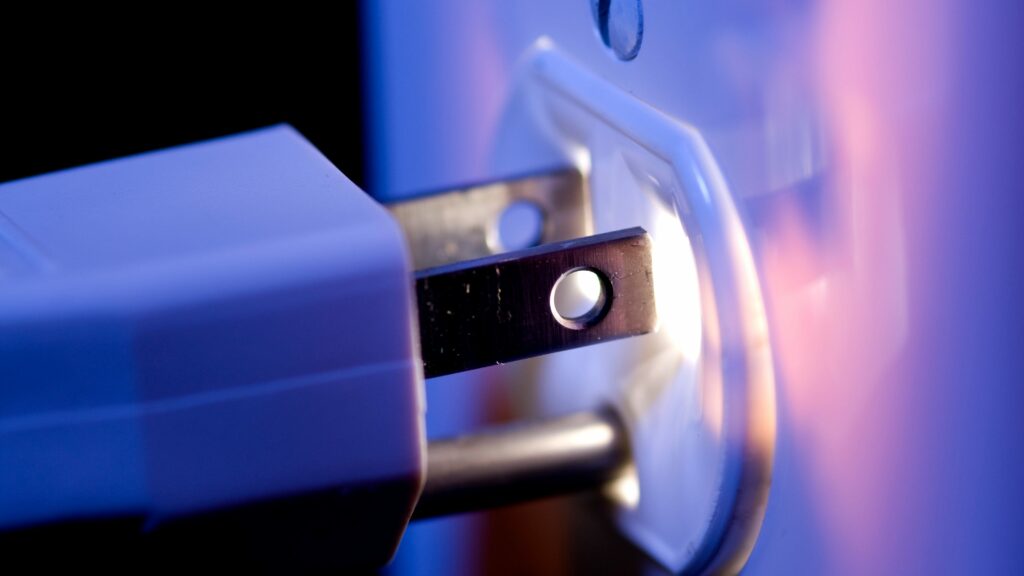
Many people assume simply turning an appliance off stops it from using any electricity but that is not the case. Electrical flow continues any time a device is plugged in to a power source. If a storm hits while you are gone and any of your devices experience a sudden surge in power, this can cause a spark or flame, potentially leading to a destructive house fire. The most common culprits are electric dryers and ovens, so don’t forget these larger appliances when unplugging things in advance of leaving. Any appliances can be dangerous in a power surge though, so don’t neglect to unplug coffee makers, toasters and hair appliances as well.
Lock Up – Everything!
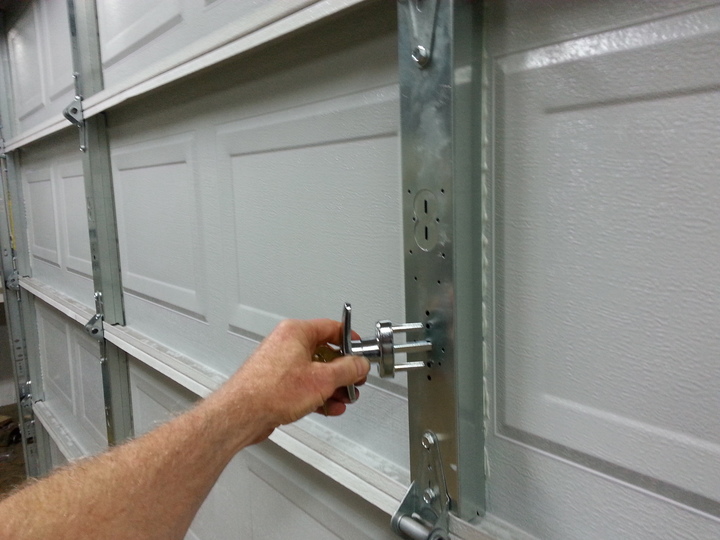
Don’t just lock your front and back doors. Take the time to make sure that all of the other routes into your home are secured as well. Take your garage doors for example. Garage doors with electric garage door openers are vulnerable to thieves with garage door opener scanners. To keep your home and belongings safe from thieves using these devices, disconnect the receiver and use a manual garage door lock. You should also unplug your garage door opener when you’re away, and lock the door into your home from the garage just in case these other methods fail. Also go through your home and make sure all windows are locked, and that any pet doors or sliding glass doors have been secured.
Kitchen Checklist
Aside from plumbing and electrical concerns, other tasks in your kitchen need to be taken care of before you leave for an extended period of time:
- Empty your dishwasher and leave it cracked open to avoid mildew and unpleasant smells. This will allow any standing water leftover in the appliances to evaporate.
- Run a mixture of water and vinegar through your garbage disposal to clean it and get rid of odors.
- Clean out your refrigerator, tossing anything likely to spoil by the time you return home. Besides, what better time to do a thorough purge and cleaning than when you need to remove items anyway?
- Take out the trash. This one may be a no brainer, but take this opportunity to clean out your trash cans as well.
Lights and Security
Invest in timers for some of your interior lights so that you can make it appear that your home is being at least periodically occupied throughout the day. Rotate which lights are on at what times, rather than using a set and predictable schedule. This is also a good time to invest in at least one motion activated floodlight for the outside of your home. Burglars are no fans of excessive light, and simply triggering a spotlight on their activities will make many stop in the act.
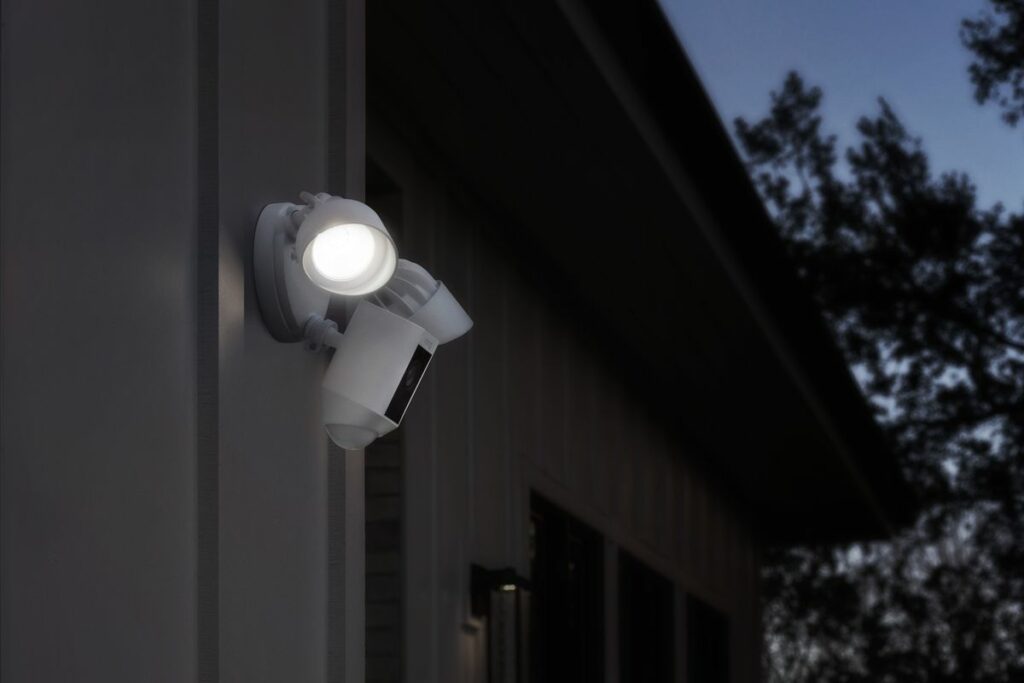
There are a few other things you can do to make sure it is not so obvious that your home is being left unoccupied. Make sure your lawn service will be maintaining your yard on the same schedule so that your property does not appear unkempt. Ask a neighbor to water any plants or shrubs that are not reached by irritation, and if possible, schedule your sprinklers to run at the same intervals in which they water your lawn while you are at home.
Some people believe that if your home will be left empty, you should make sure all of your blinds are closed so that no one can peer in and see both your valuables and that your home has been undisturbed. However, most insurance companies recommend against this, as a house with blinds that are constantly closed is a signal to thieves that the occupants are away. Instead, experts recommend leaving your blinds exactly as they are when you are at home is the safest bet. Instead, try your best to make sure that no valuable items are visible from your first floor windows in the first place.
Tell Only the Right People You’ll Be Leaving
If you have a friendly relationship with one or more of your neighbors, let them know that you will be spending some time away and that your home could use an extra set of eyes on it while you are gone. You should of course be willing to return the favor, and if you know one of your neighbors is travelling, be sure to watch for any strange activity. Some neighbors will park in each other’s driveways and gather any unexpected deliveries so homes appear occupied during an absence. What you should not do is publicize your absence on social media. Even if you think your Facebook and Instagram accounts are private, the information you post can be disseminated to a wider audience than you may realize. This includes uploading vacation pictures while you are gone, which makes it obvious to all of your followers that you are away from home.
Prepare for a Pleasant Return
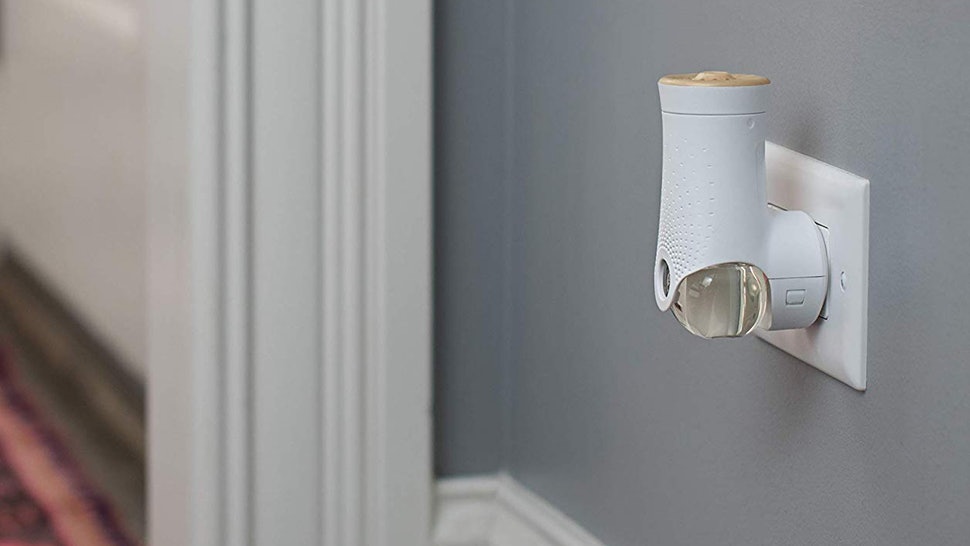
Whether your return is scheduled for a few weeks or a few months down the road, there are a few things you can do to make that moment you walk back in the door much more pleasant. To prevent musty odors from building up in the your home that has been closed off from fresh air for awhile, leave a few scented, air freshening wall plugs in outlets throughout your home. To keep unwanted visitors out while you are gone, call your pest control company and request an additional treatment be scheduled for just before you leave, so that bugs and insects are being repelled while you are way. Remake your bed with freshly laundered sheets before you leave, and tuck a dryer sheet or two between the fitted and flat sheet. This will keep the sheets from smelly musty when you return, and will allow you to get a fresh night’s sleep, before tackling the mountains of laundry you’ll likely bring home with you.

